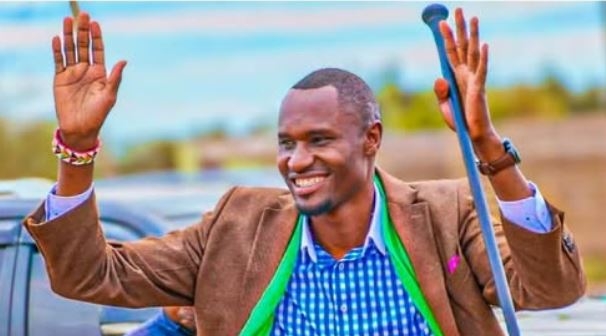The evil that men do lives after them; the good is oft interred with their bones.
I have had occasion to mention before in this column, how Kenyan academics and intellectuals tend towards very harsh judgements of former Kenyan presidents.
This of course is not a uniquely Kenyan trend.
About 500 years ago, William Shakespeare wrote that “The evil that men do lives after them; the good is oft interred with their bones.”
And so, it has been for Kenyan presidents.
I am old enough to remember a time when our founding president, Jomo Kenyatta, was mostly seen (at least by schoolchildren such as myself at that time) as a remote and benevolent, godlike figure. When he died the entire nation was in shock, wondering what would become of Kenya without Jomo Kenyatta.
Well, we have since lived to see him characterised as a landgrabber whose sole focus was the enrichment of his extended family.
Whatever evil he was suspected of has certainly been emphasised by the likes of the Deputy President, Rigathi Gachagua when on the campaign trail. But you will rarely hear any recollections of the many good things Jomo Kenyatta did for this country.
Much the same applies to both Jomo Kenyatta’s successor Daniel Moi, and our third president, Mwai Kibaki. The evil that took place during their terms in office lives after them: the good is always “interred in their bones”.
Now in July this year I wrote a column in which I made this point:
…” Every other day, in a speech at some “official launch” or other, [Uhuru] or one of his Cabinet Secretaries reminds us that the current administration has built more roads than all the previous presidents combined. That the urban infrastructure in Kenya is the envy of much of Africa…And that there has been relative peace and stability for all the ten years of his presidency.” …
At that time, it was by no means clear to me what critics would find to embarrass President Uhuru Kenyatta with. There were the usual corruption scandals but no epic event on which a truly scathing attack could be focused.
But then came the August presidential election and we were to witness something completely without precedent in Kenyan politics: a serving president completely rejected by his political backyard, which overwhelmingly disregarded his choice of successor and instead voted for Deputy President William Ruto, whom Uhuru had openly described as being unfit to rule Kenya.
No doubt much will be made of this by critics of the Uhuru Kenyatta presidency in years to come.
And yet any such criticism would necessarily ignore the fact that – alone among all prominent politicians in Kenyan history – Uhuru has often taken a completely different path from that for which his political backyard showed a marked preference.
So, finding himself pursuing a different path from that of the great majority of the voters in Central Kenya is nothing new to him. Indeed, it is almost a key characteristic:
In 1997, Uhuru ran for the Gatundu South parliamentary seat once held by his father and lost – primarily because he ran on a Kanu party ticket at a time when that party was loathed by virtually all of Central Kenya.
This marked the start of his going against the grain of Central Kenya politics.
In 2002, with virtually all of Central Kenya firmly behind Mwai Kibaki’s bid for the presidency, Uhuru all the same ran for president on the same Kanu ticket. By then he was a nominated MP and a member of the Daniel Moi cabinet.
Again, he lost.
But just three years later, he was part of the victorious “Orange” movement (later to be crystallised into the present-day ODM political party) which carried the day in 2005 in defeating the Kibaki government-sponsored referendum on a new constitution. Kibaki was mostly supported by his Central Kenya backyard – with Uhuru opposing this wave within Central Kenya, which supported the proposed 2005 constitution.
At other times, of course, Uhuru has been very much in the vanguard of Central Kenya politics and certainly benefited from this in both his successful presidential campaigns (2013 and 2017).
But his track record shows that he has been just as willing to oppose the general drift of Central Kenya political winds.
















